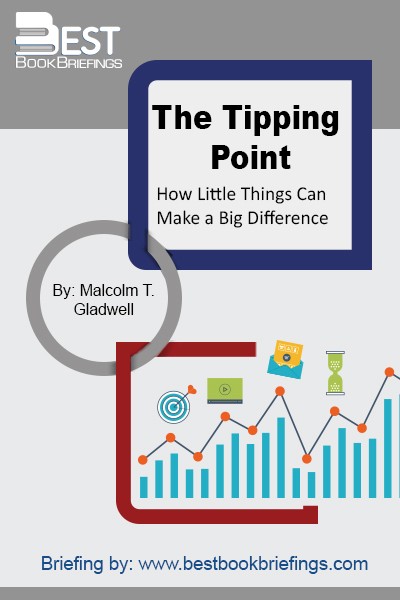Talking to Strangers
What We Should Know about the People We Don't Know
Number of pages: 400
Publisher: Little, Brown and Company
BBB Library: Personal Success
ISBN: 978-0316478526
Editorial Review
The more you believe that you know people very well, the more you'll find out that you don't know them at all. There are still hidden mysteries about strangers that we shall take care of. We can easily misread strangers’ intentions. And, at the same time, it isn’t easy to make sense of someone’s actions from the very first time we meet. The truth is already there, but we don’t want to see it. We choose not to see it. And not seeing the truth follows with false judgments. Apparently, we’ll think that we understand people so much and that we can finally understand how the world goes on. While in real, we didn’t identify the real problem. Talking to Strangers is your guide to understand more about the people you don’t know, find where the real problem is, and reach a better reasoning.
Book Reviews
Books on Related Topics

Blink is a book about how we think without thinking, about choices that seem to be made in an instant-in the blink of an eye-that actually aren’t as simple as they seem. Why are some people brilliant decision makers, while others are consistently inept? Why do some people follow their instincts

There is a story that is usually told about extremely successful people, a story that focuses on intelligence and ambition. Gladwell argues that the true story of success is very different, and that if we want to understand how some people thrive, we should spend more time looking around them-at such

The tipping point is that magic moment when an idea, trend, or social behavior crosses a threshold, tips, and spreads like wildfire. Just as a single sick person can start an epidemic of the flu, so too can a small but precisely targeted push cause a fashion trend, the popularity of



